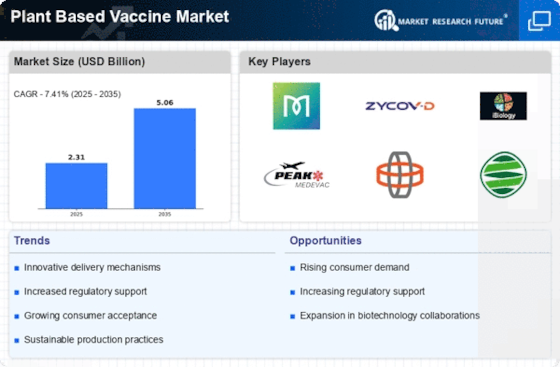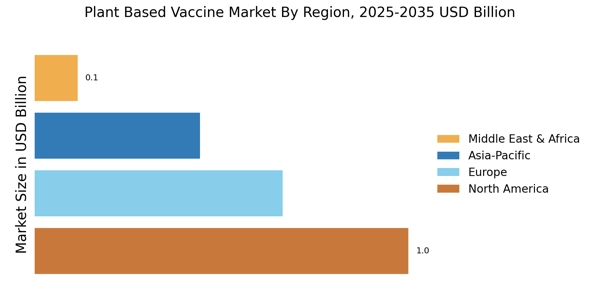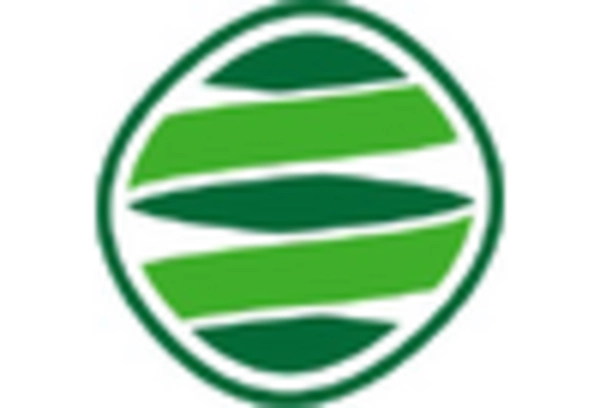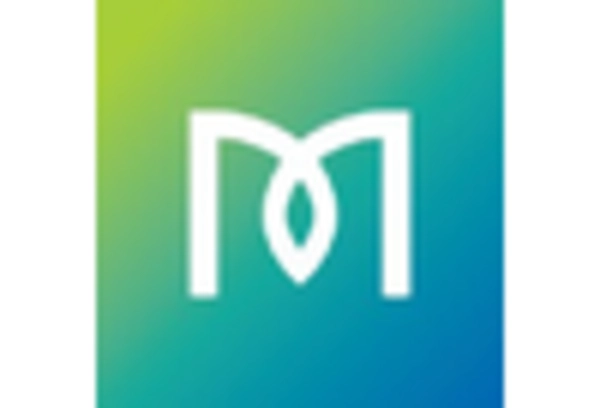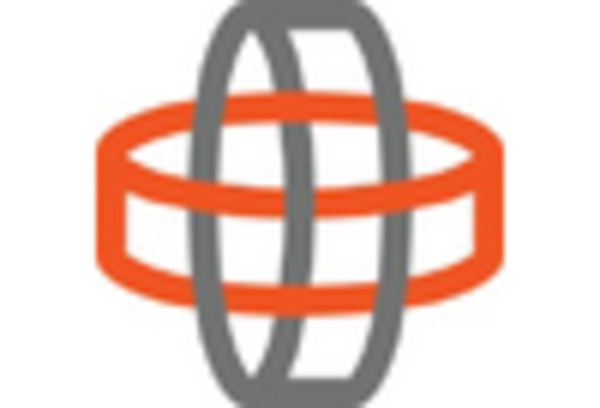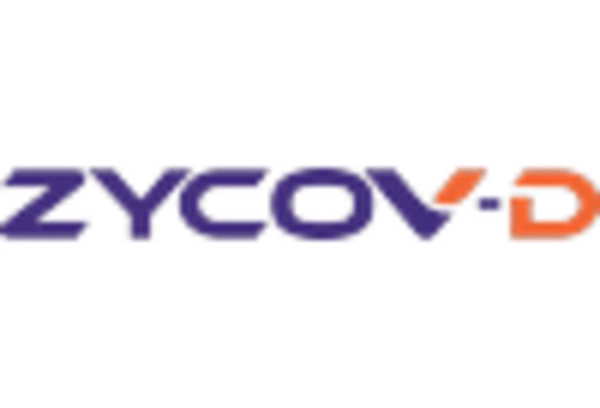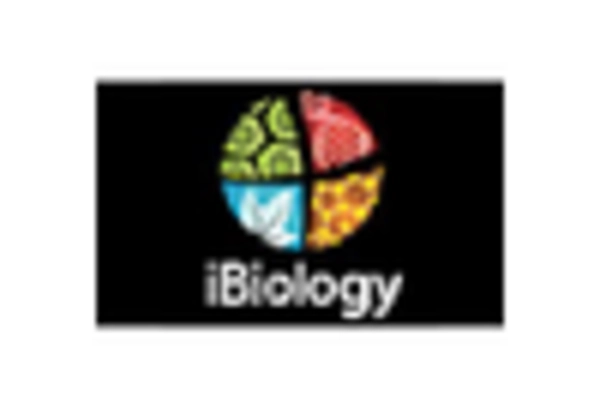Advancements in Biotechnology
Technological innovations in biotechnology are significantly influencing the Plant Based Vaccine Market. Recent advancements in genetic engineering and plant molecular farming have enabled the development of more effective and safer vaccines. For instance, the use of plants as biofactories allows for the rapid production of antigens, which can be crucial during outbreaks. The ability to produce vaccines in a cost-effective manner is particularly appealing to emerging markets, where healthcare resources may be limited. As a result, the market is witnessing an influx of new players and products, which could potentially reshape the competitive landscape. The integration of these biotechnological advancements is likely to enhance the efficacy and accessibility of vaccines, thereby driving growth in the Plant Based Vaccine Market.
Supportive Regulatory Frameworks
The Plant Based Vaccine Market is experiencing favorable regulatory environments that encourage innovation and market entry. Regulatory agencies are increasingly recognizing the potential of plant-based vaccines and are streamlining approval processes to facilitate their development. This supportive framework is crucial for attracting investment and fostering collaboration among stakeholders. Recent initiatives by regulatory bodies to establish clear guidelines for plant-based vaccine development have been instrumental in reducing barriers to market entry. As a result, more companies are likely to invest in this sector, leading to a diversification of products available to consumers. The establishment of a robust regulatory framework is expected to enhance the credibility and acceptance of plant-based vaccines, thereby driving growth in the Plant Based Vaccine Market.
Growing Awareness of Vaccine Safety
The Plant Based Vaccine Market is benefiting from an increasing public awareness regarding vaccine safety. As consumers become more informed about vaccine ingredients and production methods, there is a rising preference for vaccines derived from natural sources. Plant-based vaccines are often perceived as safer alternatives, as they typically contain fewer synthetic additives. This perception is bolstered by ongoing educational campaigns aimed at demystifying vaccine technology. Consequently, the demand for plant-based options is likely to rise, as consumers seek transparency and safety in their healthcare choices. Market analysts suggest that this trend could lead to a substantial increase in the adoption of plant-based vaccines, further propelling the growth of the Plant Based Vaccine Market.
Rising Demand for Sustainable Solutions
The Plant Based Vaccine Market is experiencing a notable surge in demand for sustainable healthcare solutions. As consumers become increasingly aware of environmental issues, there is a growing preference for products that minimize ecological impact. This trend is reflected in the rising investments in plant-based technologies, which are perceived as more environmentally friendly compared to traditional vaccine production methods. According to recent data, the market for plant-based vaccines is projected to grow at a compound annual growth rate of approximately 15% over the next five years. This shift towards sustainability not only aligns with consumer preferences but also encourages pharmaceutical companies to innovate and adopt greener practices, thereby enhancing their market position within the Plant Based Vaccine Market.
Increased Investment in Research and Development
Investment in research and development is a critical driver for the Plant Based Vaccine Market. Pharmaceutical companies and research institutions are allocating substantial resources to explore the potential of plant-based vaccines. This focus on R&D is essential for overcoming existing challenges, such as scalability and regulatory approval processes. Recent reports indicate that funding for plant-based vaccine projects has increased by over 20% in the past year, reflecting a strong commitment to innovation. This influx of capital not only accelerates the development of new vaccines but also fosters collaboration between academia and industry, which is vital for advancing the science behind plant-based immunization. As a result, the Plant Based Vaccine Market is poised for significant growth, driven by a robust pipeline of innovative products.


